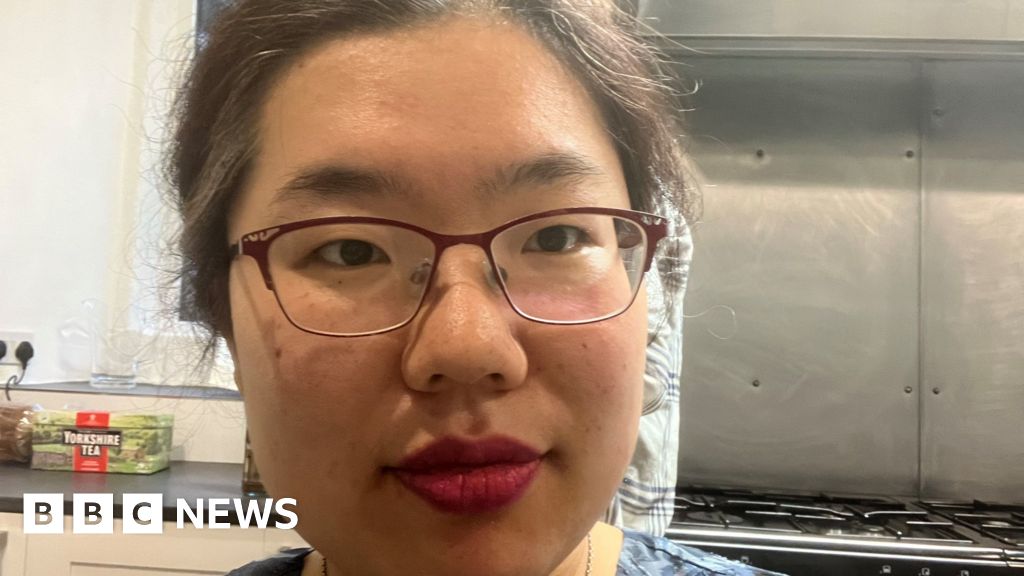More than six million Americans live with Alzheimer’s every day.
Media star Wendy Williams recently became the latest high-profile individual to share her diagnosis of primary progressive aphasia. The disease slowly damages the brain and can impact someone’s behavior as well as their language skills.
Carter Grine from Moore County said he first noticed something was wrong when he stopped being able to read as easily as he used to.
“For some reason, it doesn’t like me to read books or calendars or anything. I’ll read numbers wrong,” he said.
The symptoms for the retired dermatologist started in the wake of the sale of his practice. At first, he and his wife, Cate, thought his symptoms were from lingering stress after the major lifestyle change.
But over the course of a year, the couple says they noticed things were getting worse.
“That’s when I said, ‘Something is really wrong,’” he said. “I would read about 4-5 paragraphs and then I am done and it doesn’t come back. I would then get worked up thinking, ‘How am I going to get through the rest of my life if I can’t read and do these things?’”
In 2023, the 59-year-old learned he had Alzheimer’s and primary progressive aphasia.
“From the time of his first MRI to getting a neuropsychologist to getting a neurologist, all of that took well over a year,” his wife recalled.
Carter Grine began taking donepezil and sertraline to help manage his symptoms. He also started on the drug lecanemab which was approved within a month of his diagnosis. It currently is the only drug on the market which is aimed at slowing the progressive of Alzheimer’s rather than just targeting symptoms.
His treatments now require him to travel to Fayetteville every two weeks for infusions.
The couple said the infusions have helped him by increasing his energy levels which has allowed him to continue doing his favorite activities, like hiking and playing tennis.
Still, they are continuing to keep their eye on other research in the hopes of another drug or trial that he could be eligible for.
One of those working to develop a cure and help those like Carter Grine is Ronit Freeman.
UNC lab discovers protein twist they hope leads to Alzhemier’s cure
Just last week, her team with the Freeman Lab at UNC Chapel Hill made a groundbreaking discovery about the way the protein which causes Alzheimer’s forms.
“In the research, we and others discovered it can take a twisted form, kind of like a twisted pasta,” explained Freeman.
The researcher explained most proteins in the human body have a twist that goes to the left, but Alzheimer’s twists to the right.
Because of this, she said the human body can’t degrade the protein naturally. It then accumulates and causes the amyloid plaques, characteristic of Alzheimer’s.
“We were able to make them and understand what makes them fold like that and then in different ways, unfold and untwist them to the other side,” said Freeman.
The goal is to one day target these right-twisting proteins further with a drug that would untwist them and allow the body to break them down. Freeman said that could not only prevent the progression of Alzheimer’s but reverse its effects altogether.
“If we can generate local heat that won’t be damaging to any of the outer tissues, then make those untwist, then we might be able to get rid of some of them,” Freeman said.
The study is still in its early stages but findings like it give the millions of Americans living with Alzheimer’s, like Grine, hope.
“There’s six million people in our country right now [with Alzheimer’s] and it’s accelerating really quickly. I don’t want to be in that six million as much as I possibly can,” he said. “Whoever is doing the laboratory stages, I say go get ‘em!”
He continued, “It’s just going to take time because nobody knows what’s going to happen.”

Rachel Carter is a health and wellness expert dedicated to helping readers lead healthier lives. With a background in nutrition, she offers evidence-based advice on fitness, nutrition, and mental well-being.




